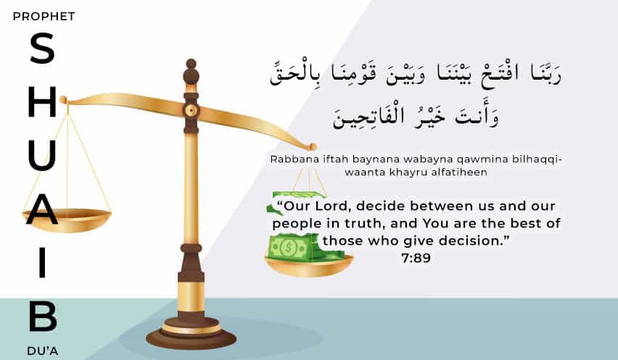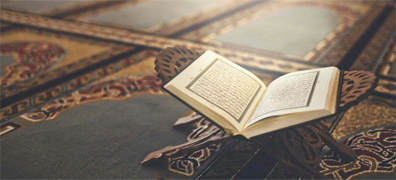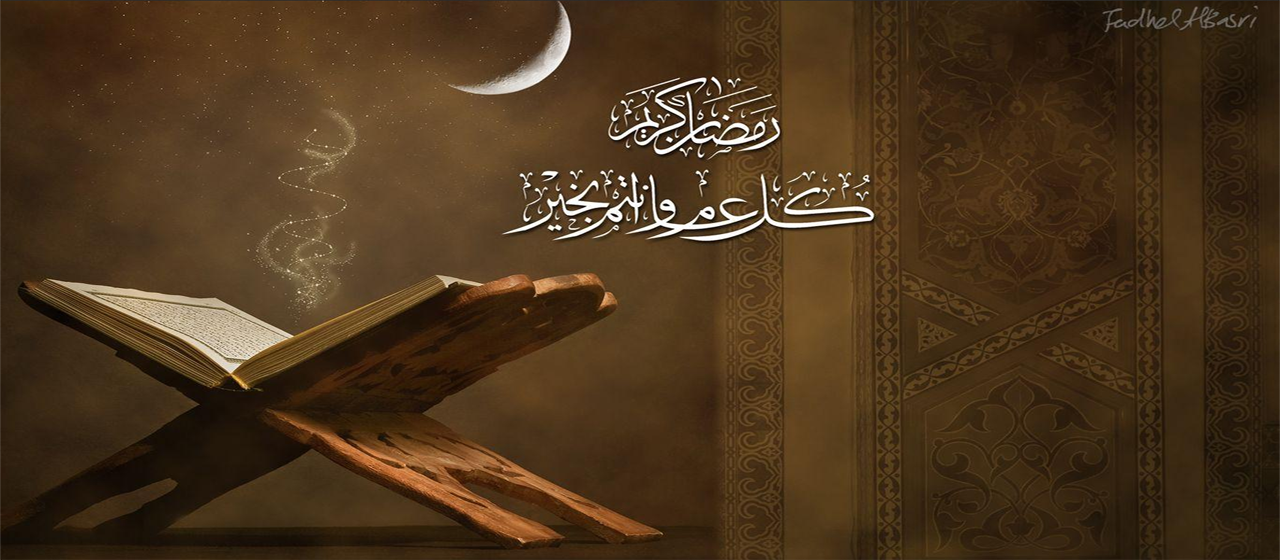- Regist
- 11-03-2024
- Poruka
- 3,539
- Reakcije
- 83
- Bodovi
- 216

Prophet Shuaib dua in Quran
This is the du’a Prophet Shuaib (as) made asking for help from Allah (swt) in a time of adversity:
رَبَّنَا افْتَحْ بَيْنَنَا وَبَيْنَ قَوْمِنَا بِالْحَقِّ وَأَنتَ خَيْرُ الْفَاتِحِينَ
Rabbana iftah baynana wabayna qawmina bilhaqqiwaanta khayru alfatiheen
“Our Lord, decide between us and our people in truth, and You are the best of those who give decision.”
7:89
Prophet Shuaib (as) tried to prevent corruption in Madyan and reform society so it could be equitable for all.
In Surah Al A’raf it summarizes his mission, “And to [the people of] Madyan [We sent] their brother Shu’ayb. He said, “O my people, worship Allah; you have no deity other than Him. There has come to you clear evidence from your Lord. So fulfill the measure and weight and do not deprive people of their due and cause not corruption upon the earth after its reformation. That is better for you, if you should be believers.” (Surah A’raf ayat 85)
The response…

A complete mockery of this message, “They said: “O Shu`ayb! Does your Salah command you that we give up what our fathers used to worship, or that we give up doing what we like with our property [referring to zakat, charity] Verily, you are the forbearer, right-minded!” (Surah Hud ayat 87)
If you present an opposing view that runs counter to a person’s most cherished belief, there is a high probability they will be offended. Many will not take it lightly, even if what you are saying is right.
It will still be taken as a direct attack on the identity they’ve formed and who they believe they are. This is the challenge. They will remain consistent with their belief and try to find confirming evidence as to why you are wrong. It’s very hard to change one’s opinion when presented with opposing evidence. This is why Firawn failed to see the truth that Musa (as) presented when casting his rod. He called it fake magic and escalated the situation further.
Insecurity in people can cause a situation to escalate as they become more and more agitated. Depending on the severity of the attack on their identity, they may even become hostile and threaten with violence.
Prophet Shuaib (as) saw the conflict arise in Madyan and drafted a treaty for peaceful coexistence, “and if there should be a group among you who has believed in that with which I have been sent and a group that has not believed, then be patient until Allah judges between us. And He is the best of judges.” (7:87)
A Prophetic lesson we can all learn from:
What can we learn from this?
It is natural in debates that we so passionately want to win that we’re willing to do so at the expense of the other person. Our pride and ego want to feel victorious, to see the look of the defeat on the other person’s face, or to defend our position and be right.
We forget the whole purpose of a debate is not for there to be a winner or loser, but so that both parties can walk away getting closer to some truth.
In circumstances where we realize no progress is being made, it is better to ask ourselves, “what is the goal I wish to achieve here?” If you find the prize to the game is not worth it, then it’s better for everyone that you wrap up the discussion and walk away before you make enemies.
This sounds simple in theory but hard to execute in the moment when the emotion is hot.
In the Quran, Surah Baqarah ayah 256, “There shall be no compulsion in [acceptance of] the religion.” Suhaib’s (as) belief in Allah was secure, his intention was pure, i.e. to help guide those who needed guidance. In the end, truth and time tell all, sometimes it’s better for you to, “be patient until Allah judges between us. And He is the best of judges.”
Prophet Suhaib (as) tried to walk, but unfortunately for Suhaib (as), the people of Madyan did not take well to this message, “the eminent ones who were arrogant among his people [said], “We will surely evict you, O Shu’ayb, and those who have believed with you from our city, or you must return to our religion.” He replied, “Even if we were unwilling?” (Surah Al-A’raf verse 88)
Shuaib (as) continues and recites the du’a, “We would have invented against Allah a lie if we returned to your religion after Allah had saved us from it. And it is not for us to return to it except that Allah, our Lord, should will. Our Lord has encompassed all things in knowledge. Upon Allah we have relied. Rabbana iftah baynana wabayna qawmina bilhaqqiwaanta khayru alfatiheen, “Our Lord, decide between us and our people in truth, and You are the best of those who give decision.” (Surah Al-A’raf verse 89)
This is the du’a Prophet Shuaib (as) made asking for help from Allah (swt) in a time of adversity:
رَبَّنَا افْتَحْ بَيْنَنَا وَبَيْنَ قَوْمِنَا بِالْحَقِّ وَأَنتَ خَيْرُ الْفَاتِحِينَ
Rabbana iftah baynana wabayna qawmina bilhaqqiwaanta khayru alfatiheen
“Our Lord, decide between us and our people in truth, and You are the best of those who give decision.”
7:89
Prophet Shuaib (as) tried to prevent corruption in Madyan and reform society so it could be equitable for all.
In Surah Al A’raf it summarizes his mission, “And to [the people of] Madyan [We sent] their brother Shu’ayb. He said, “O my people, worship Allah; you have no deity other than Him. There has come to you clear evidence from your Lord. So fulfill the measure and weight and do not deprive people of their due and cause not corruption upon the earth after its reformation. That is better for you, if you should be believers.” (Surah A’raf ayat 85)
The response…

A complete mockery of this message, “They said: “O Shu`ayb! Does your Salah command you that we give up what our fathers used to worship, or that we give up doing what we like with our property [referring to zakat, charity] Verily, you are the forbearer, right-minded!” (Surah Hud ayat 87)
If you present an opposing view that runs counter to a person’s most cherished belief, there is a high probability they will be offended. Many will not take it lightly, even if what you are saying is right.
It will still be taken as a direct attack on the identity they’ve formed and who they believe they are. This is the challenge. They will remain consistent with their belief and try to find confirming evidence as to why you are wrong. It’s very hard to change one’s opinion when presented with opposing evidence. This is why Firawn failed to see the truth that Musa (as) presented when casting his rod. He called it fake magic and escalated the situation further.
Insecurity in people can cause a situation to escalate as they become more and more agitated. Depending on the severity of the attack on their identity, they may even become hostile and threaten with violence.
Prophet Shuaib (as) saw the conflict arise in Madyan and drafted a treaty for peaceful coexistence, “and if there should be a group among you who has believed in that with which I have been sent and a group that has not believed, then be patient until Allah judges between us. And He is the best of judges.” (7:87)
A Prophetic lesson we can all learn from:
What can we learn from this?
It is natural in debates that we so passionately want to win that we’re willing to do so at the expense of the other person. Our pride and ego want to feel victorious, to see the look of the defeat on the other person’s face, or to defend our position and be right.
We forget the whole purpose of a debate is not for there to be a winner or loser, but so that both parties can walk away getting closer to some truth.
In circumstances where we realize no progress is being made, it is better to ask ourselves, “what is the goal I wish to achieve here?” If you find the prize to the game is not worth it, then it’s better for everyone that you wrap up the discussion and walk away before you make enemies.
This sounds simple in theory but hard to execute in the moment when the emotion is hot.
In the Quran, Surah Baqarah ayah 256, “There shall be no compulsion in [acceptance of] the religion.” Suhaib’s (as) belief in Allah was secure, his intention was pure, i.e. to help guide those who needed guidance. In the end, truth and time tell all, sometimes it’s better for you to, “be patient until Allah judges between us. And He is the best of judges.”
Prophet Suhaib (as) tried to walk, but unfortunately for Suhaib (as), the people of Madyan did not take well to this message, “the eminent ones who were arrogant among his people [said], “We will surely evict you, O Shu’ayb, and those who have believed with you from our city, or you must return to our religion.” He replied, “Even if we were unwilling?” (Surah Al-A’raf verse 88)
Shuaib (as) continues and recites the du’a, “We would have invented against Allah a lie if we returned to your religion after Allah had saved us from it. And it is not for us to return to it except that Allah, our Lord, should will. Our Lord has encompassed all things in knowledge. Upon Allah we have relied. Rabbana iftah baynana wabayna qawmina bilhaqqiwaanta khayru alfatiheen, “Our Lord, decide between us and our people in truth, and You are the best of those who give decision.” (Surah Al-A’raf verse 89)




